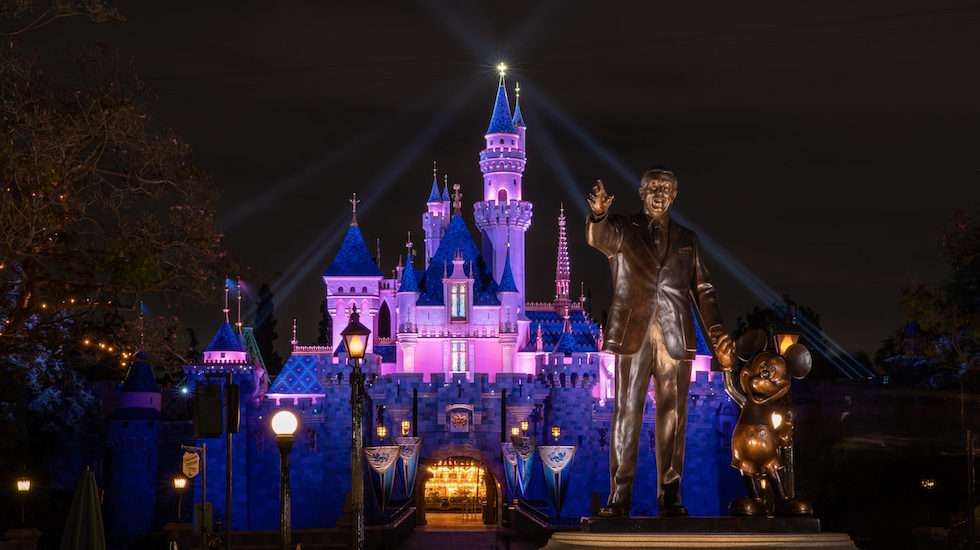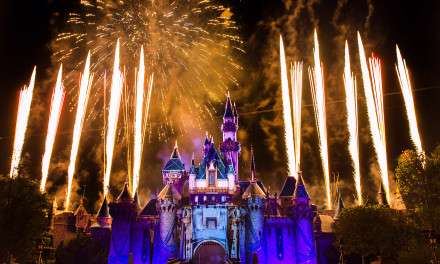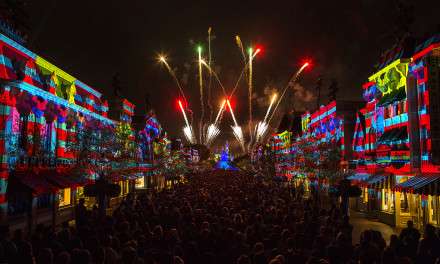Disneyland Resort has recently found itself in the midst of a significant controversy. Pro-Palestine posters were discovered in one of the park’s bathrooms, sparking heated reactions among visitors and Disney enthusiasts. These posters, torn down shortly after their discovery, referenced the grievous loss of life in Palestine and criticized Disney for its financial contributions to Israel.
Unsurprisingly, the incident has provoked a stir, with many visitors expressing outrage over the intrusion of political messages in a setting meant for family-friendly enjoyment. The event has led to a passionate debate about the appropriateness of such actions within the magical confines of a Disney theme park. Numerous guests voiced their dissatisfaction on social media, condemning the placement of the posters and advocating for the park’s reputation as a neutral and joyful haven.
Despite the fervor, Disneyland Resort has yet to release an official statement regarding the vandalism or the messages conveyed by the posters. This incident occurs against the backdrop of global tensions stemming from the ongoing Israeli-Palestinian conflict. Historically, Disney properties have maintained a stance of neutrality, aiming to provide a respite from the turbulent outside world. However, this episode underscores how deep-seated political issues can permeate even the most escapist environments.
Adding context to the incident, earlier this year, The Walt Disney Company donated $2 million to causes in Israel following the tragic events of October 7. Disney CEO Bob Iger articulated the company’s position clearly, condemning terrorism and supporting the innocent affected by the violence. This donation, while intended as humanitarian support, has faced criticism from individuals who see it as controversial amid the complex and emotive geopolitical landscape.
The use of Disneyland as a venue for voicing political sentiments has ignited a broader conversation about the role of theme parks in societal discourse. While some argue for the preservation of these parks as apolitical spaces, others see them as platforms for awareness and advocacy, albeit contentious ones.
We’d love to hear your opinions on this matter. Do you think theme parks like Disneyland should remain neutral zones, or do they have a role to play in the larger political dialogue? Share your thoughts in the comments below and join the conversation!
Source: Inside the Magic





